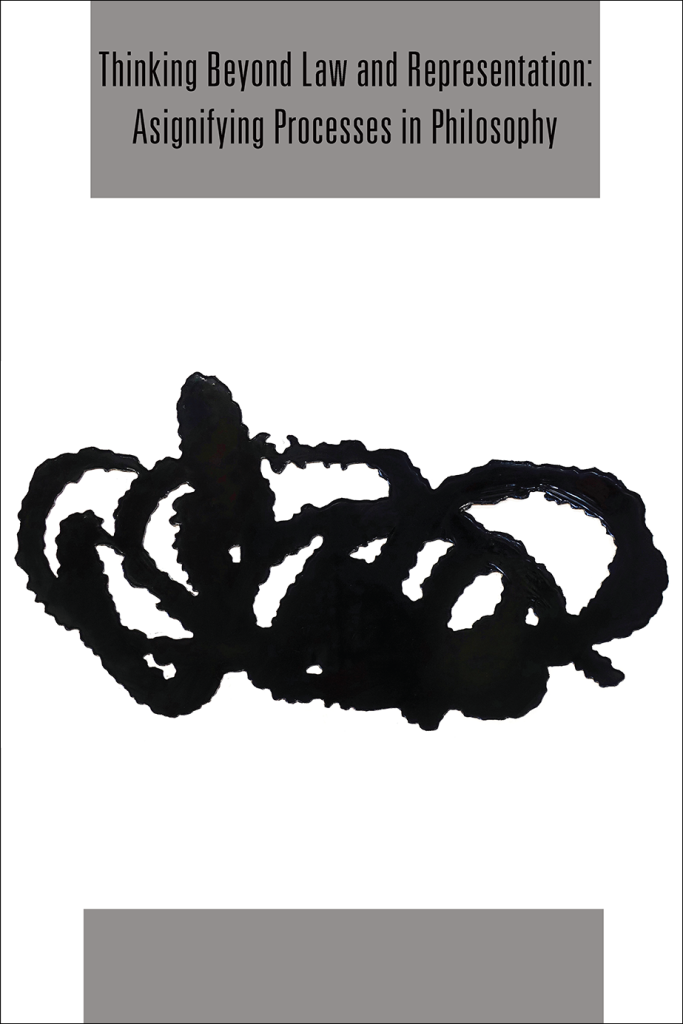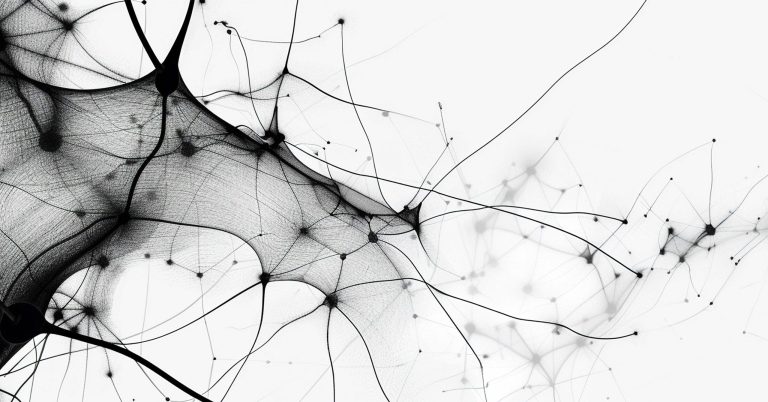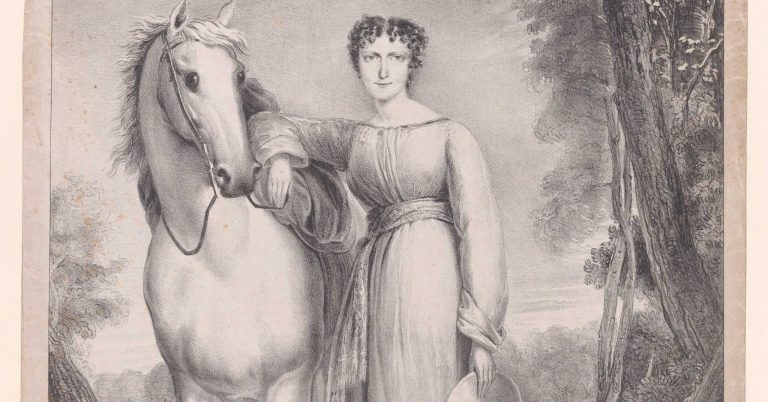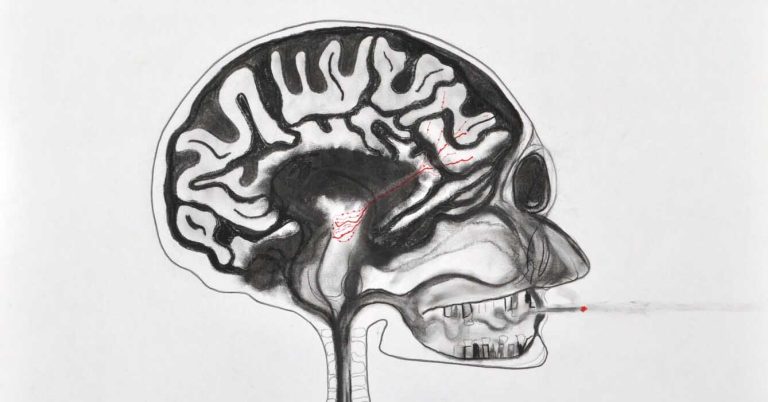
By Ian Buchanan
Donna Haraway criticises Deleuze and Guattari for disparaging women and animals in their work on the notion of becoming-animal, but in doing so betrays the fact that she has not properly understood their concept. Her criticisms are disingenuous, though, because her own position on animals fails to live up to her proclaimed refusal of anthropocentrism. Her companion species project ignores or glosses over the extent to which human exceptionalism prevails in every aspect of the human–animal encounter, particularly where pets are concerned.
A video response
Watch Ian Buchanan respond to Haraway’s reading of Deleuze and Guattari on the notion of becoming-animal:
About the author
Ian Buchanan is Professor of Cultural Studies and Critical Theory at the University of Wollongong, Australia. He is the founding editor of the journal Deleuze and Guattari Studies and the author of The Incomplete Project of Schizoanalysis (Edinburgh University Press, 2021) and Assemblage Theory and Method (Bloomsbury, 2020). He is also a series editor of the Deleuze Connections and the Plateaus series, both published by Edinburgh University Press.
About the journal
A bold and genuinely interdisciplinary journal, Deleuze and Guattari Studies aims to challenge orthodoxies, encourage debate, invite controversy, seek new applications, propose new interpretations, and above all make new connections between scholars and ideas. It does this by publishing a wide variety of scholarly work on Gilles Deleuze and Félix Guattari, including articles that focus directly on their work, but also critical reviews of the growing field, as well as new translations and annotated bibliographies.
Ian Buchanan’s article, ‘Haraway against Deleuze, or, Must We Like Pets?‘ is the featured article in Issue 18.3 of Deleuze and Guattari Studies.
Sign up for TOC alerts, subscribe to Deleuze and Guattari Studies, recommend to your library, and learn how to submit an article.






